Iodized Salt – Food Grade
Iodized salt is table salt that has been fortified with iodine, an essential micronutrient that plays a crucial role in thyroid function and overall health. Here is some information about iodized salt:
1. **Importance of Iodine**:
– Iodine is a vital mineral that the body needs to produce thyroid hormones, which are essential for regulating metabolism and supporting growth and development, especially in fetuses and infants.
– Iodine deficiency can lead to various health issues, including goiter (enlargement of the thyroid gland), hypothyroidism, cognitive impairment, and developmental delays.
2. **History of Iodized Salt**:
– Iodized salt was introduced in the early 20th century as a public health intervention to prevent iodine deficiency disorders (IDD) in populations where iodine levels in the soil and food supply were low.
– The process of iodizing salt involves adding potassium iodide or potassium iodate to regular table salt to ensure that individuals receive an adequate amount of iodine in their diet.
3. **Benefits of Iodized Salt**:
– **Prevention of Iodine Deficiency**: Iodized salt is an effective and cost-efficient way to prevent iodine deficiency and its associated health problems.
– **Thyroid Health**: Adequate iodine intake supports proper thyroid function, which is crucial for metabolism, energy production, and overall health.
– **Pregnancy and Child Development**: Iodine is particularly important for pregnant women and infants as it is essential for the development of the baby’s brain and nervous system.
4. **Global Efforts**:
– The World Health Organization (WHO) and other health organizations promote the use of iodized salt as a public health measure to combat iodine deficiency worldwide.
– Many countries have implemented mandatory iodization programs to ensure that the population has access to iodine through salt consumption.
5. **Usage and Availability**:
– Iodized salt is widely available in most grocery stores and supermarkets, and it is commonly used in households for cooking and seasoning food.
– It is important to check the label when purchasing salt to ensure that it is iodized, as not all salt products contain added iodine.
6. **Recommended Intake**:
– The recommended daily intake of iodine varies by age and life stage. For adults, the recommended daily intake is around 150 micrograms per day, with higher requirements for pregnant and breastfeeding women.
7. **Caution**:
– While iodized salt helps prevent iodine deficiency, excessive iodine intake can also have negative health effects. It is important to consume iodine in moderation and to consult with a healthcare provider if you have specific health concerns.
Iodized salt plays a crucial role in public health by helping to prevent iodine deficiency and its associated health problems. Including iodized salt in the diet can support thyroid function, overall health, and development, especially in populations at risk of iodine deficiency.
₦18,000.00
Description
Iodized salt, in addition to its primary use as a dietary staple for human consumption, also has various industrial applications. Here are some key industrial applications of iodized salt:
1. **Chemical Industry**:
– **Water Treatment**: Iodized salt is sometimes used in water treatment processes to help remove impurities and disinfect water. It can aid in the purification and sanitation of water for various industrial purposes.
– **Chemical Reactions**: Iodized salt can be used in certain chemical reactions as a catalyst or as a source of iodine in the production of specific chemicals.
2. **Pharmaceutical Industry**:
– **Medicinal Products**: Iodized salt may be used as an ingredient in certain pharmaceutical formulations, such as oral rehydration solutions, throat lozenges, and other medicinal products that require iodine supplementation.
3. **Agricultural Industry**:
– **Animal Feed**: Iodized salt can be incorporated into animal feed formulations to provide essential iodine to livestock, which is important for their overall health and proper thyroid function.
4. **Dyes and Pigments**:
– Iodized salt can be used in the production of certain dyes and pigments in the textile, paper, and other industries. It may serve as a component in colorants and additives used in various applications.
5. **Chemical Processing**:
– In certain chemical processing industries, iodized salt may be used as a reagent, catalyst, or additive in specific manufacturing processes where iodine plays a role in the desired chemical reactions.
6. **Metal Processing**:
– Iodized salt can be used in metal processing industries for certain applications, such as metal surface treatment, metal cleaning, or as a component in specific metalworking processes.
7. **Laboratory and Research**:
– Iodized salt may be used in laboratory settings for research purposes, as part of experimental procedures, or in specific scientific studies where iodine supplementation or iodine-containing compounds are required.
8. **Miscellaneous Industrial Uses**:
– Iodized salt may find niche applications in various other industrial sectors, depending on specific requirements and processes where iodine or iodine-containing compounds are beneficial or necessary.
While iodized salt is primarily known for its importance in addressing iodine deficiency in human diets, it also has a range of industrial applications in diverse sectors such as water treatment, pharmaceuticals, agriculture, chemical processing, and more. Its properties and iodine content make it a versatile ingredient in various industrial processes and applications.

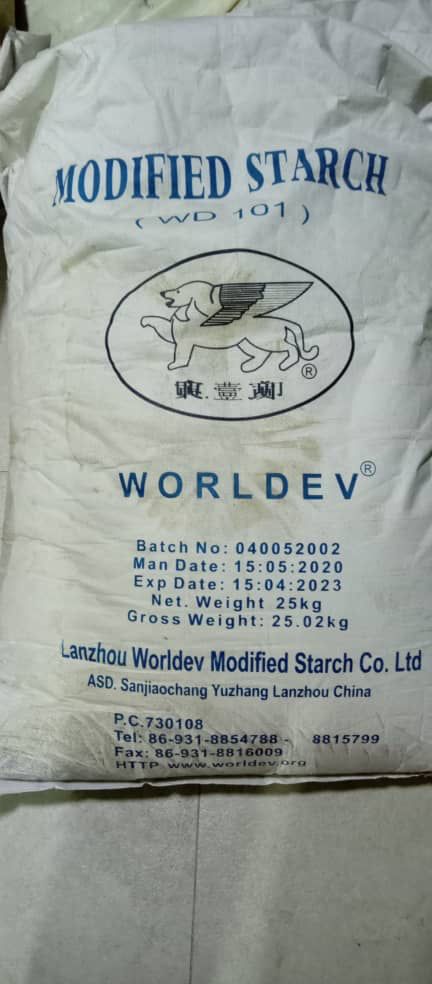
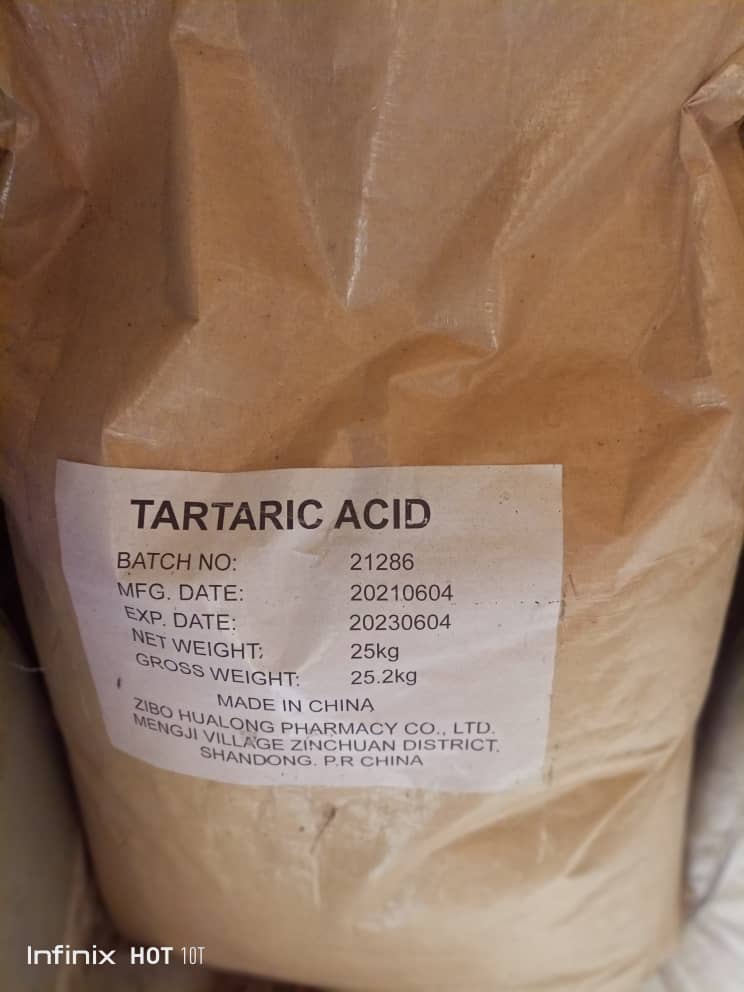
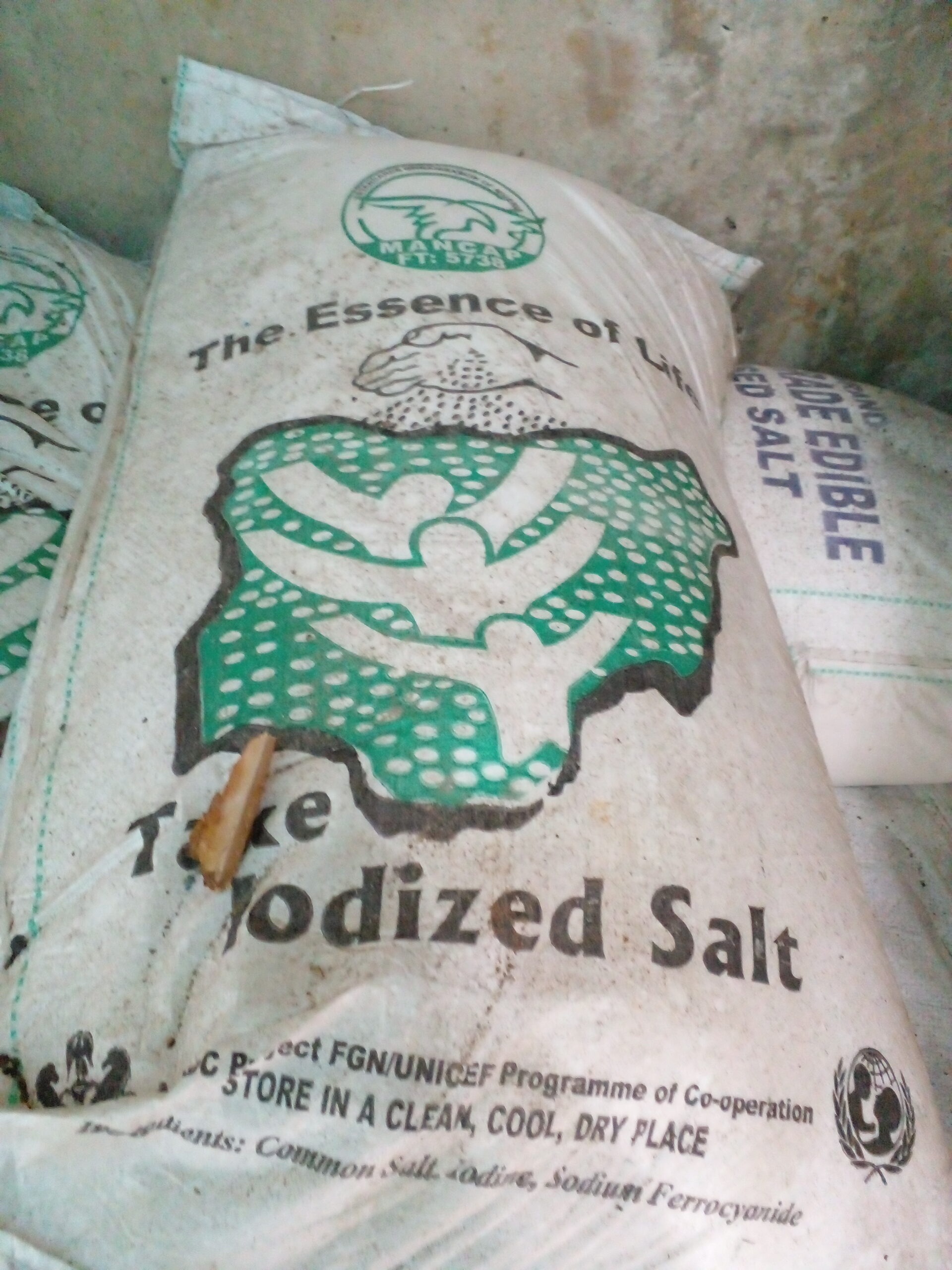

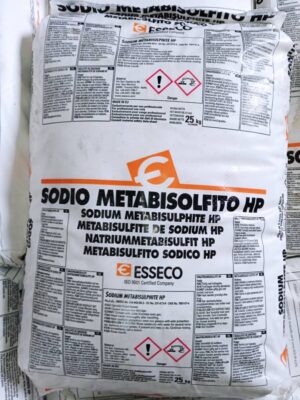
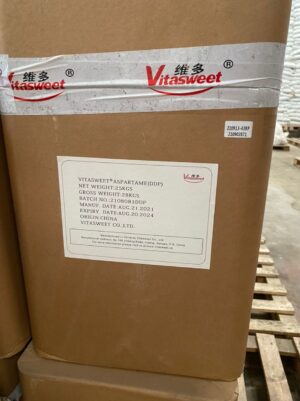


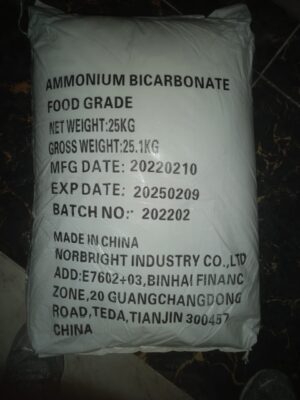
Reviews
There are no reviews yet.